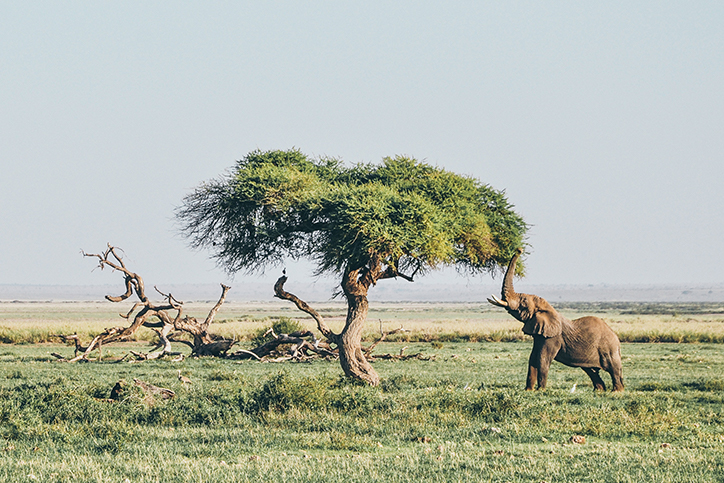Here in America and in most of Canada, we have funeral traditions that have stood the test of time for decades, even centuries.
But our traditions are vastly different from those in other countries and cultures.
This article looks at Liberian funeral traditions and is part of a series that highlights how different cultures care for their dead. Other parts of the series are about United Kingdom funeral traditions and Chamorro funeral traditions, among others.
Note, these traditions may vary depending on the individual and their own beliefs.
Religious and Death Beliefs
Around 85% of Liberia’s population identifies as Christian, with about 76% of those people identifying as Protestant.
Liberians follow specific funeral and burial rituals to ensure that the deceased has a safe journey to the afterlife world. If they don’t complete the rituals, they believe that the deceased’s spirit remains in a state of limbo between the living world and the afterlife.
Preparation of the Body
Liberians believe that misfortune can occur in their family if they don’t properly care for the deceased’s body. Bathing the body by hand is very important in the Liberian culture. Afterward, they dress the deceased in their funeral attire.
They cover reflective surfaces in the room that the body is in to prevent the deceased’s spirit from roaming. Some families also take photos of the deceased to share with family members and keep as documentation of their death. This concept started because of the two Liberian Civil Wars when many families didn’t know what happened to their loved ones.
Liberian Funeral Celebration
A Liberian funeral celebration can last days or even weeks. It may take longer depending on the number of attendees and how far they have to travel from. For the funeral, men wear suits, women wear black, and children wear white.
The funeral procession can be many miles long and take as long as a day to complete. Some families have trumpeters and drummers march along with them in the procession.
Burial Customs
Although some people choose cremation, burial is still the most common. The burial is thought to connect the deceased with their ancestors.
The Ebola outbreak during 2014 caused some problems with their burial traditions. If someone died of Ebola, their body is still contagious so healthcare professionals discouraged families from hand-bathing their loved ones. Many families chose to bury the deceased right away to avoid spreading the disease and have funeral celebrations later to honor their life.





0 Comments